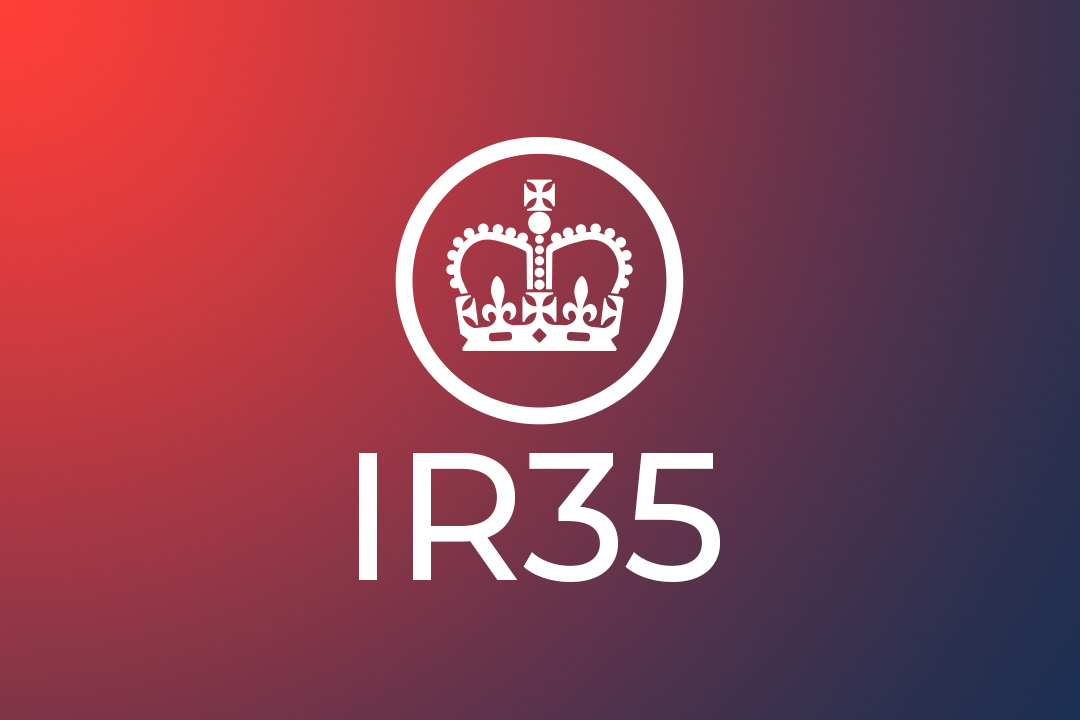CIS Sub-contractor Engagement
Omnia’s CIS Sub-contractor Engagement
Fully Compliant option for self-employed sub-contractors working in the Construction Industry.
Omnia can take on all the admin and hassle of engaging CIS sub-contractors by carrying out full self-employed and Supervision, Direction and Control (SDC) tests. We will ensure compliance with the scheme and that appropriate taxes are paid across to HMRC

Benefits to You
Less Admin
Remove the admin typically involved in contracting.
Compliance
All eligibility, compliance and SDC checks carried out.
UTR Verification
UTR verification and checks with HMRC.
Tax Paid
All taxes paid direct to HMRC.
Less Risk
Reduced Contractual risks associated with contractor engagement and employment.
Benefits to the Sub-contractor
Less Admin
Take away the admin from contracting.
Online Portal
Online service and portal access for contracts, self bill invoices & remittances.
Self Bill invoicing
Self Bill invoicing arrangement.
Insurance
Covered by our comprehensive insurances.
We are ideally placed to assist contractors with tax matters including ‘Self Assessment’.
FAQs
View some of our frequently asked questions and answers regarding CIS Sub-contractor Engagement
There are several factors that determine self-employed as opposed to ‘employment’ revolving around the contractor being in business on their own, having autonomy in ‘how’ they work, carrying financial risk and several other factors that may be taken into account to determine status. Omnia are experts in this area and carry out all the tests to assess if the assignment in question can be carried out on a self-employed basis.
All individuals registered with HMRC will have a ‘UTR – Unique Tax Reference’ which is used to identify the tax payer and ensure the correct amounts are paid each year depending on declared earnings.
The Construction Industry Scheme is a set of rules applicable to any Contractor/Sub-contractor carrying out work in the Construction Sector. All contractors must register on the scheme with HMRC and have deductions for tax taken from any payments made to them at source. The deductions will be at one of three levels decided by HMRC:
- Higher – 30% deduction
- Net – 20% deduction
- Gross Status – no deduction from payments
Omnia will verify every sub-contractors UTR with HMRC to ensure the correct deductions are taken and paid to HMRC. The sub-contractor must complete a self -assessment at the end of the tax year and maybe entitled to a CIS tax rebate (after deduction of expenses) if too much tax has already been paid.
Supervision, Direction and Control (SDC). New rules came into effect on 6 April 2016 which determine a workers SDC status. The rules are complex and a new ‘test’ for SDC determines whether expenses can be claimed and how a worker can be engaged.
A worker who is determined to be subject to ‘the right of’ SDC would normally need to have PAYE taxes deducted from any income on that assignment.
Omnia carries a full SDC assessment for every assignment ensuring that HMRC’s rules are adhered to.
HMRC has come up with the following definitions for Supervision, Direction and Control:
- Supervision is someone overseeing a person doing work, to ensure that person is doing the work they are required to do and it is being done correctly to the required standard. Supervision can also involve helping the person, where appropriate, in order to develop their skills and knowledge.
- Direction is someone making a person do his/her work in a certain way by providing them with instructions, guidance or advice as to how the work must be done. Someone providing direction will often coordinate how the work is done, as it is being undertaken.
- Control is someone dictating what work a person does and how they go about doing that work. Control also includes someone having the power to move the person from one job to another.
No, IR35 is a different set of rules that applies to contractors who operate as a Limited/Personal service company. The SDC rules are the ones applicable to self employed contractors.
Omnia provides a contingent insurance policy that covers all workers that have been contracted to work for Omnia on assignments with it’s clients, the cover can include Employers Liability, Public Liabilty and Professional Indemnity insurance.




